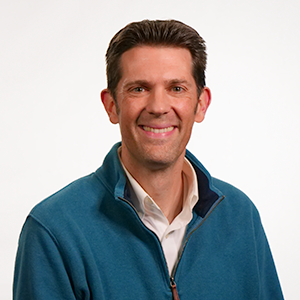Arendt, F. Northup, T. Scheufele, D., & Forrai, M. (2023). Why we stopped listening to the other side: How partisan cues in news coverage undermine the deliberative foundations of democracy. Journal of Communication. DOI: 10.1093/joc/jqad007.
Northup, T., Santana, A.D., Choi, H., & Ratna, P. (2022). Personality traits, personal motivations, and online news and social media commenting. Journal of Media & Communication Studies, 14 (3), 68-78. DOI: 10.5897/JMCS2022.0775.
Erten, M., Choi, H, & Northup, T. (2022). Televised food advertising targeting children: An updated content analysis considering age & USDHHS nutritional guidelines. Cogent Arts & Humanities, 9 (1). DOI: 10.1080/23311983.2022.2134631.
Choi, H, Yoo, K., Rechert, T., & Northup, T. (2022). Sexual ad appeals in social media: Effects and influences of cultural difference and sexual self-schema. International Journal of Advertising, 41, 910-929, DOI: 10.1080/02650487.2021.2014155.
Madonna, M., Suciati, T.N., Northup, T. (2021). The potential of social media in strengthening interpersonal relations between the legislature and constituents during a pandemic. Turkish Online Journal of Qualitative Inquiry.
Choi, H., Northup, T. & Reid, L.N. (2021). How health consciousness and health literacy influence evaluative responses to nutrient-content claimed messaging for an unhealthy food. Journal of Health Communication, DOI: 10.1080/10810730.2021.1946217.
Choi, H., Yoo, K., Reichert, T., & Northup, T. (2020). Feminism and Advertising: Responses to Sexual Ads Featuring Women. Journal of Advertising Research. DOI: 10.2501/JAR-2020-010
Northup, T. (2019). It’s Not Just if You See it, it’s How you Process it: Conceptual and Perceptual Fluency Effects for Brand Names. Athens Journal of Mass Media & Communications, 5, 157-172.
Camaj, L, & Northup, T. (2019). Dual screening the candidate agenda: The moderating role of social media and need to evaluate for agenda-setting effects of political debates. Journal of Broadcasting & Electronic Media, 63:1, 20-38, DOI: 10.1080/08838151.2019.1574117
Arendt, F., Northup, T., & Camaj, L. (2017). Selective exposure and news media brands: Implicit and explicit attitudes as predictors of news choice. Media Psychology. DOI: 10.1080/15213269.2017.1338963.
Parrott, S., Carpentier, F., & Northup, T. (2017). A Test of Interactive Narrative as a Tool Against Prejudice. Howard Journal of Communication, 28, 374-389.
Northup, T. (2017). The Ironic Effect of Covering Health: Conflicting News Stories Contribute to Fatalistic Views Toward Eating Well. International Journal of Communication & Health, 12, 26-34.
Northup, T. & Carpentier, F.D. (2015). Michael Jordan, Michael Vick, or Michael Who?: Activating stereotypes in a complex media environment. Howard Journal of Communications, 26, 132-152.

